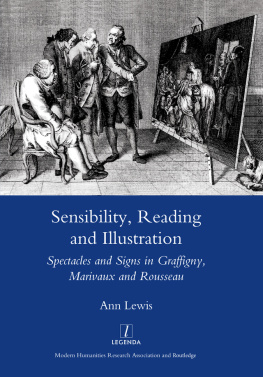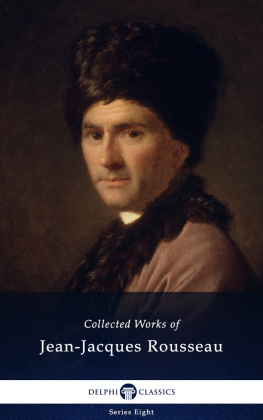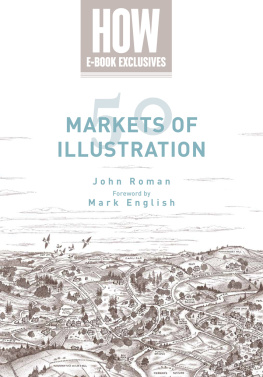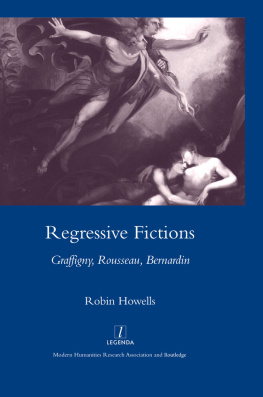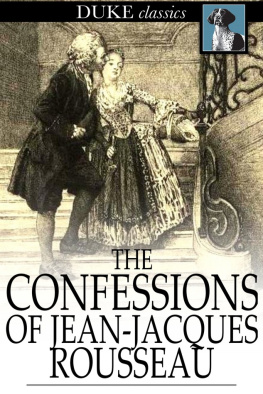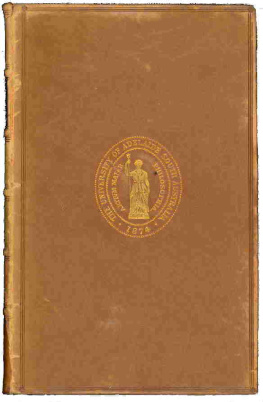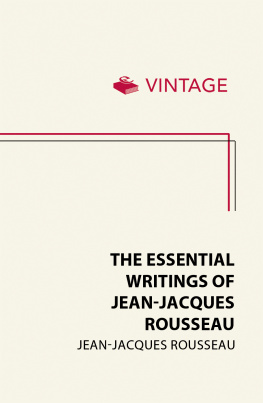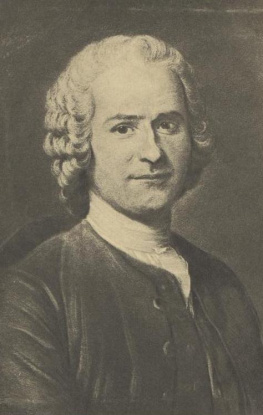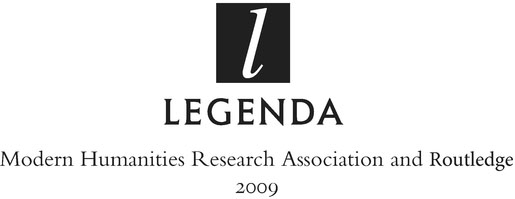SENSIBILITY, READING AND ILUSTRATION
SPECTACLES AND SiGNS IN GrAFFIGNY, MaRIVAUX AND RoUSSEAU
Legenda
LEGENDA, founded in 1995 by the European Humanities Research Centre of the University of Oxford, is now a joint imprint of the Modern Humanities Research Association and Routledge. Titles range from medieval texts to contemporary cinema and form a widely comparative view of the modern humanities, including works on Arabic, Catalan, English, French, German, Greek, Italian, Portuguese, Russian, Spanish, and Yiddish literature. An Editorial Board of distinguished academic specialists works in collaboration with leading scholarly bodies such as the Society for French Studies and the British Comparative Literature Association.

The Modern Humanities Research Association (MHRA) encourages and promotes advanced study and research in the field of the modern humanities, especially modern European languages and literature, including English, and also cinema. It also aims to break down the barriers between scholars working in different disciplines and to maintain the unity of humanistic scholarship in the face of increasing specialization. The Association fulfils this purpose primarily through the publication of journals, bibliographies, monographs and other aids to research.

Routledge is a global publisher of academic books, journals and online resources in the humanities and social sciences. Founded in 1836, it has published many of the greatest thinkers and scholars of the last hundred years, including Adorno, Einstein, Russell, Popper, Wittgenstein, Jung, Bhm, Hayek, McLuhan, Marcuse and Sartre. Today Routledge is one of the world's leading academic publishers in the Humanities and Social Sciences. It publishes thousands of books and journals each year, serving scholars, instructors, and professional communities worldwide.
www.routledge.com
Editorial Board
Chairman
Professor Colin Davis, Royal Holloway, University of London
Professor Malcolm Cook, University of Exeter (French)
Professor Robin Fiddian, Wadham College, Oxford (Spanish)
Professor Paul Garner, University of Leeds (Spanish)
Professor Marian Hobson Jeanneret,
Queen Mary University of London (French)
Professor Catriona Kelly, New College, Oxford (Russian)
Professor Martin McLaughlin, Magdalen College, Oxford (Italian)
Professor Martin Maiden, Trinity College, Oxford (Linguistics)
Professor Peter Matthews, St John's College, Cambridge (Linguistics)
Dr Stephen Parkinson, Linacre College, Oxford (Portuguese)
Professor Ritchie Robertson, St John's College, Oxford (German)
Professor Lesley Sharpe, University of Exeter (German)
Professor David Shepherd, University of Sheffield (Russian)
Professor Michael Sheringham, All Soul's College, Oxford (French)
Professor Alison Sinclair, Clare College, Cambridge (Spanish)
Professor David Treece, King's College London (Portuguese)
Managing Editor
Dr Graham Nelson
41 Wellington Square, Oxford OXI 2JF, UK
legenda@mhra.org.uk
www.legenda.mhra.org.uk
Sensibility, Reading and Illustration
Spectacles and Signs in Graffigny, Marivaux and Rousseau
Ann Lewis
First published 2009
Published by the
Modern Humanities Research Association and Routledge
2 Park Square, Milton Park, Abingdon, Oxon OX14 4RN
711 Third Avenue, New York, NY 10017, USA
LEGENDA is an imprint of the Modern Humanities Research Association and Routledge
Routledge is an imprint of the Taylor & Francis Group, an informa business
Modern Humanities Research Association and Taylor & Francis 2009
ISBN 978-1-905981-96-0 (hbk)
All rights reserved. No part of this publication may be reproduced, stored in a retrieval system, or transmitted in any form or by any means, electronic, mechanical, including photocopying, recordings, fax or otherwise, without the prior written permission of the copyright owner and the publisher.
Product or corporate names may be trademarks or registered trademarks, and are used only for identification and explanation without intent to infringe.
The extract in Chapter 3 from Act I, Scene 1 of 'Closer' by Patrick Marber is reproduced by kind permission of A. & C. Black Publishers
Contents
Guide
In writing this book I have incurred many debts. First, I would like to thank Michael Moriarty, who supervised the thesis on which this study is based, for his guidance and invaluable advice since I started work on the project. I am also grateful to Marian Hobson for the interest she has always shown in my work, and for her encouragement at key moments, which made all the difference. Jonathan Mallinson and Ann Jefferson have given moral support and advice on many occasions over many years, and I would also like to thank Judith Still and Martin Hall, as painstaking examiners of my thesis, for their perceptive comments. Will McMorran, Simon Harvey, and Robin Howells have also provided advice on various parts of the manuscript.
The School of Modern Languages at Queen Mary, University of London, especially the French Department, and latterly, the French Department at Birkbeck, University of London have provided a supportive environment in which to complete this book, and I am very grateful to the Leverhulme Trust for the Early Career Fellowship which has enabled me to finish the project. The staff at libraries around the world, but especially the Rare Books Room at the British Library, the Bibliothque nationale de France, and the Taylorian and Harris Manchester College Libraries in Oxford, have made my work much easier than it might have been. Graham Nelson at Legenda has provided much generous help and advice at every stage of publication, and I would like to thank Polly Fallows for her thoughtful and meticulous copy-editing. I am also grateful for the comments of the anonymous reader.
Last but not least, I must mention the support of friends and family. Many thanks are due to my grandmother Nelly Pesate, for helping me decipher criticism in German which I would otherwise have found very difficult, and to my parents. Alicia Kent and Lisa Downing have been a constant source of encouragement and friendship; and finally, I would like to thank Andrew Block, my husband, for his patience, and for being there for me.
Earlier, or expanded, versions of parts of chapters have previously appeared as follows, and I am grateful to the editors for their advice in the writing of each article: 'Rereading the Forbidden in La Nouvelle Hlose', in Reading and Writing the Forbidden: Essays in French Studies, ed. by Bndicte Facques, Helen Roberts, and Hugh Roberts (Reading: 2001 Group, 2003), pp. 4559; 'La Sensibilit dans les Lettres d'une Pruvienne : exprience esthtique, modle de la communication', in Franoise de Graffigny, femme de lettres: criture et rception, ed. by Jonathan Mallinson (= SVEC 2004:12), pp. 36779; 'Illustrations as Reactions: Three Nineteenth-Century Readings of La Nouvelle Hlose ', in The Discursive Culture: Reaction and Interaction, Text and Context, ed. by Mark Darlow and Caroline Warman (= SVEC 2007:06, 3157), pp. 10332, and 'Sex, Sensibility and Sociability: Illustrating La Vie de Marianne in the Eighteenth Century', in Text, Image and Contemporary Society, ed. by David Adams (= Journal for Eighteenth-Century Studies, 31:3 (2008)), PP. 33175, published by Blackwell in conjunction with BSECS (British Society for Eighteenth-Century Studies).

